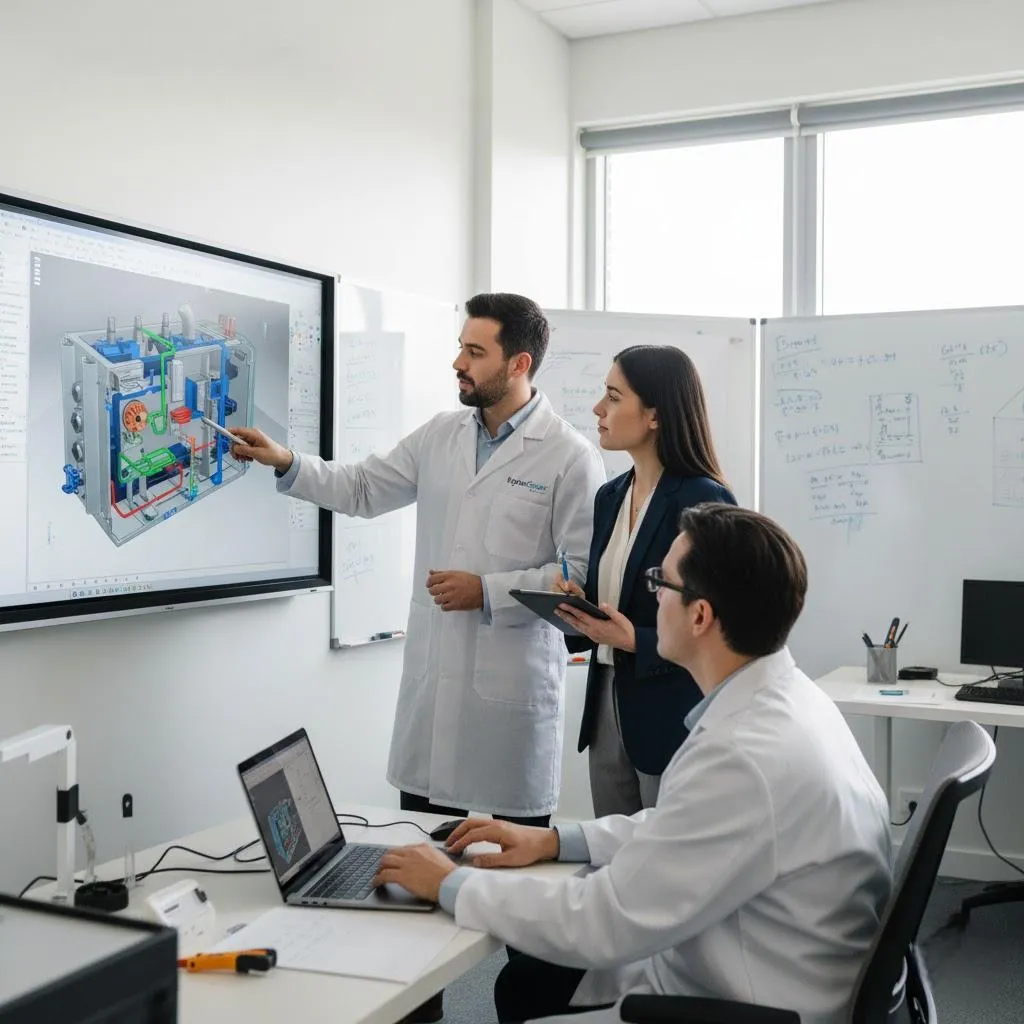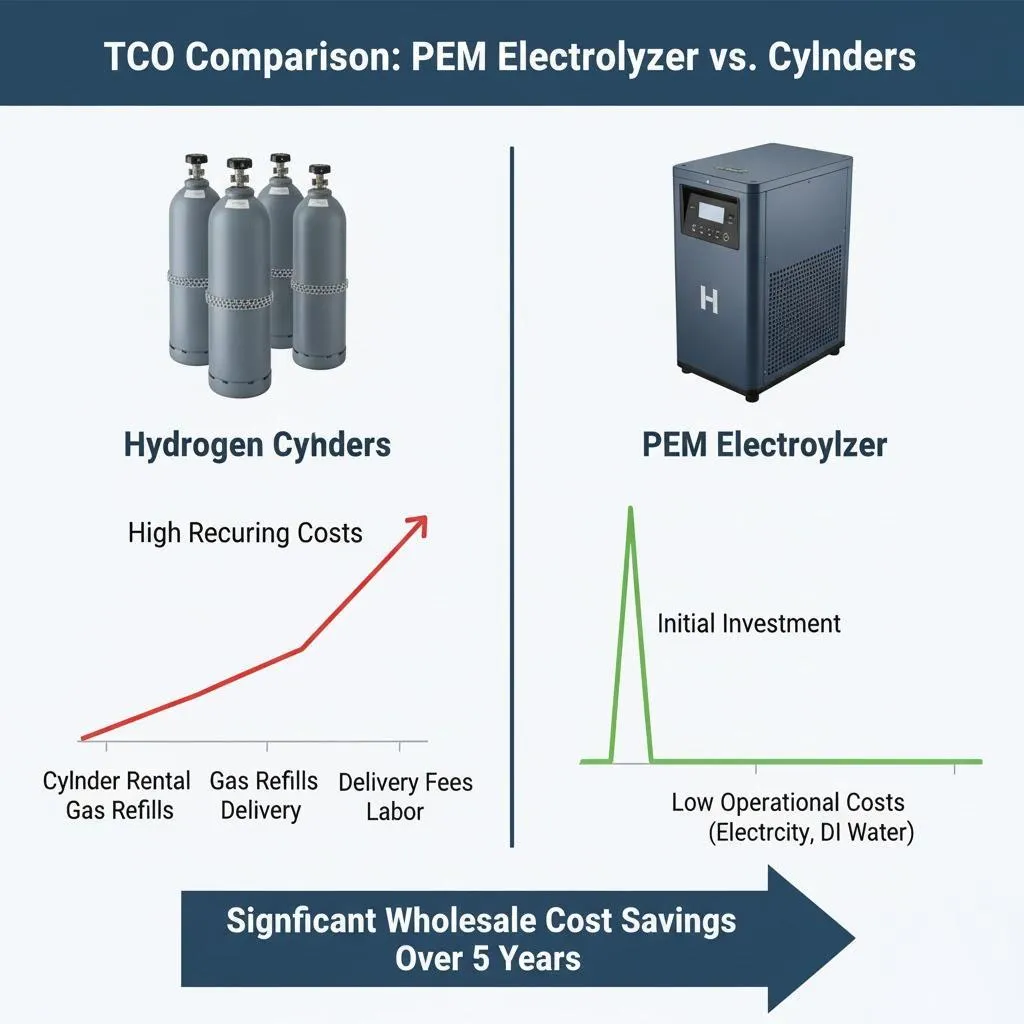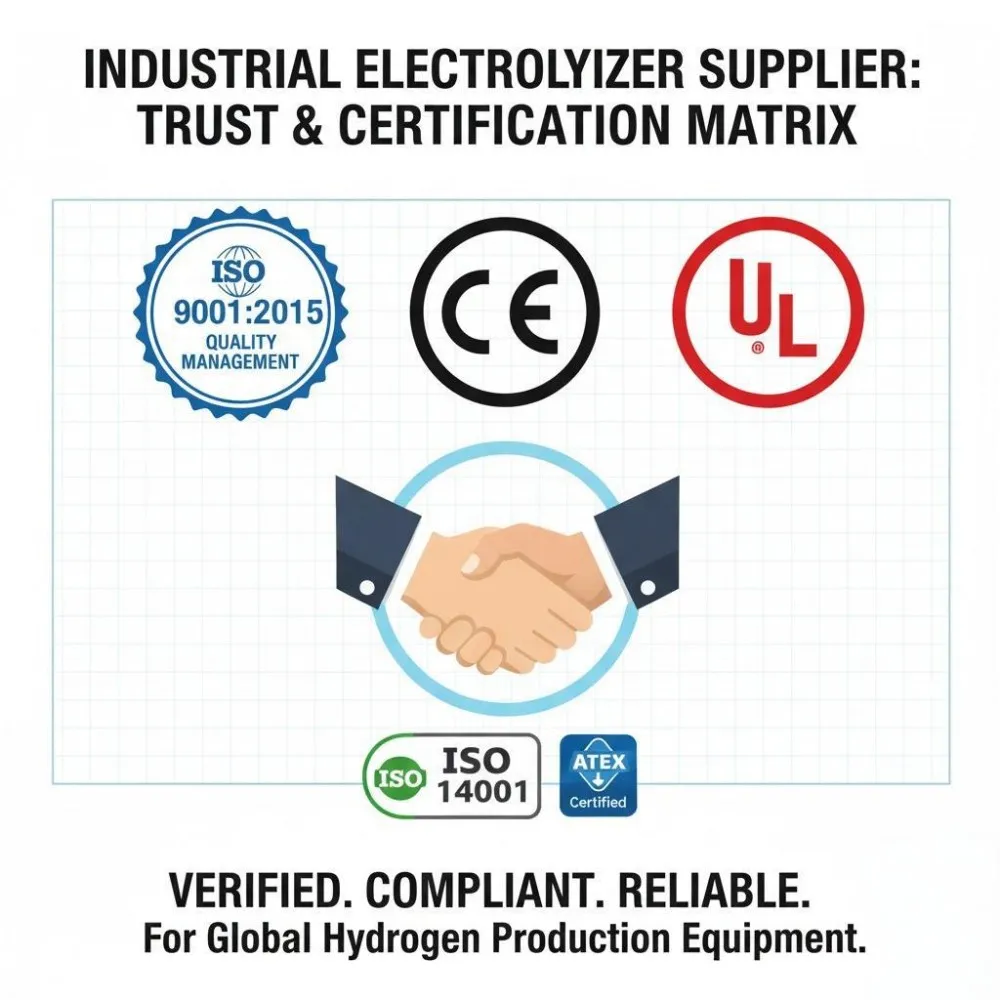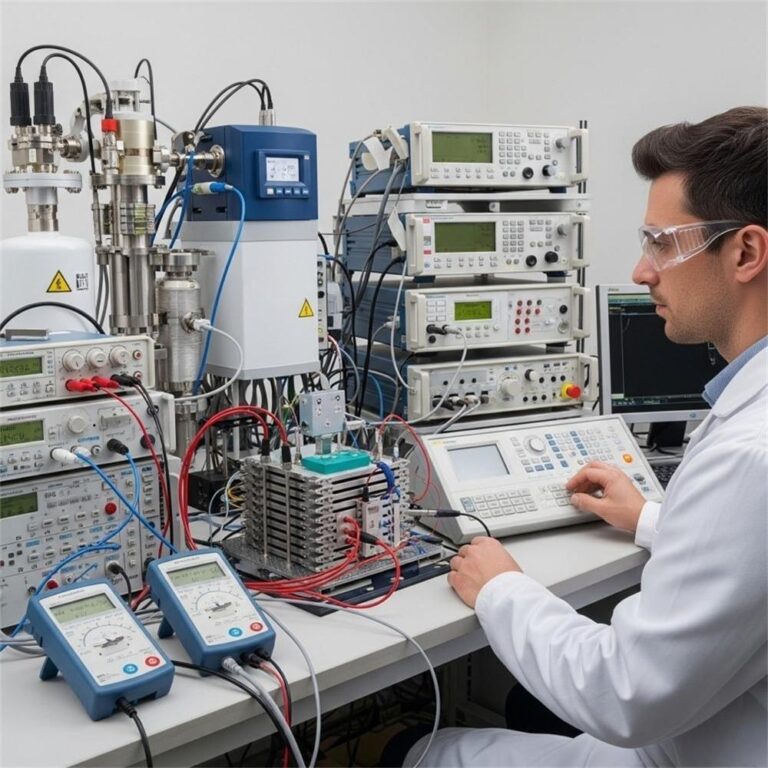Understanding the 30Nm3/H Water Hydrogen Generator
Choosing the right hydrogen generator for sale can feel overwhelming, but understanding the basics makes it much easier. A 30Nm3/H water hydrogen generator, particularly one powered by a PEM electrolyzer, produces around 30 normal cubic meters of hydrogen gas per hour. That capacity supports many industrial applications, where large volumes of high-purity hydrogen are essential for continuous operation.
Why 30Nm3/H Capacity Matters
The 30Nm3/H capacity ensures a steady and reliable flow of hydrogen, which is vital in sectors like manufacturing, energy production, and chemical processing. Having the right capacity means you won’t face interruptions during critical operations, leading to better efficiency and cost-effectiveness over time.
PEM Electrolyzer Technology Explained
Proton Exchange Membrane (PEM) electrolyzers represent the latest advancement in hydrogen production. They offer high purity hydrogen, rapid response times, and enhanced durability. Unlike older technologies, PEM electrolyzers operate at lower temperatures and are highly efficient, making them a favorite for industries demanding reliability and scalability.
Applications Requiring 30Nm3/H Hydrogen Generators
Chemical Manufacturing
Chemical plants often rely on hydrogen for creating ammonia, methanol, and other essential products. A 30Nm3/H generator provides enough gas to support continuous production lines, ensuring no downtime due to hydrogen shortages.
Fuel Cell Power Plants
Hydrogen is a key component in fueling cell-based energy systems. These plants need a constant and significant supply of pure hydrogen, which a 30Nm3/H system can readily provide, contributing to greener energy solutions.
Metal Processing
In processes like annealing and reducing metal oxides, hydrogen plays a critical role. A steady 30Nm3/H flow can meet the demands of even large-scale metal treatment operations.
Food Industry Applications
Hydrogen is used in hydrogenating oils and in food preservation methods. Ensuring high-purity hydrogen from a reliable generator keeps production lines moving without contamination risks.
How Water Systems Power Hydrogen Generators
Role of Water Purity
The quality of water fed into a hydrogen generator greatly affects its efficiency and lifespan. Ideally, only ultra-pure deionized or distilled water should be used to prevent membrane degradation inside the PEM electrolyzer.
Water Treatment Systems
Modern hydrogen generators integrate advanced water treatment systems, including reverse osmosis and deionization units. These systems ensure that impurities are removed before water enters the electrolyzer, thus optimizing performance and reducing maintenance needs.
Selection Criteria for a 30Nm3/H Hydrogen Generator
Efficiency and Purity Levels
When selecting a hydrogen generator, aim for one that offers hydrogen purity levels of at least 99.999% and high electrical efficiency. This minimizes waste and maximizes output.
Footprint and Installation Area
Before purchase, evaluate the available space. Some units are more compact, making them perfect for smaller facilities, while others might require dedicated plant rooms.
Operating Costs and Power Consumption
Calculate the total cost of ownership by factoring in both the initial purchase price and the long-term operational expenses. More efficient units, though pricier upfront, often save significant amounts in energy costs.
Safety Features
Always prioritize generators with robust safety mechanisms such as pressure relief valves, automatic shutoffs, and leak detection systems. Hydrogen is flammable, and safety must never be compromised.
Installation Process of a Hydrogen Generator
Site Preparation
Before installing your new 30Nm3/H water hydrogen generator, the site must be adequately prepared. Key considerations include ensuring proper ventilation, providing ample space for the generator and ancillary equipment, and setting up reliable power and water supply lines. The flooring must be able to support the generator’s weight, and safety zones should be clearly marked to comply with regulations.
Professional Installation vs DIY
While some businesses might consider handling installation themselves, hydrogen generators involve complex systems that benefit from professional setup. Certified technicians can guarantee that your PEM electrolyzer is correctly integrated with water purification systems, electrical sources, and ventilation mechanisms. A professional installation reduces risks and ensures long-term system reliability.
Maintenance Tips for Optimal Performance
Regular Inspections and Servicing
To maintain optimal performance, conduct regular inspections of the system. Check for wear and tear, leaks, or performance dips. It’s advisable to schedule professional servicing at least twice a year, even if no issues are visible.
Water System Maintenance
Since water purity directly affects the efficiency of your hydrogen generator, maintaining the water treatment system is crucial. Regularly replace filters, monitor water quality, and clean deionizers to prevent impurities from reaching the electrolyzer.
Monitoring PEM Electrolyzer Health
Keep an eye on electrolyzer performance metrics such as voltage levels, pressure stability, and hydrogen output rates. Any deviation from standard values can indicate membrane degradation, prompting early maintenance and avoiding costly downtime.
Common Issues and Troubleshooting
Even the most robust hydrogen generators can face issues. Common problems include water contamination, membrane fouling, or pressure inconsistencies. Most modern systems feature automated diagnostics, but users should also be trained to identify signs like decreased output, alarms, or unexpected shutdowns.
Quick Troubleshooting Tips:
- Low Output: Check water quality and power supply.
- Alarm Signals: Review safety systems and reset if necessary.
- Leaks: Immediately shut down and contact a technician.
Cost Breakdown: Initial and Ongoing
Purchasing a hydrogen generator for sale at 30Nm3/H capacity represents a significant investment. The cost typically ranges from $200,000 to $500,000 depending on brand, features, and installation complexity. Operational costs, including water, electricity, and maintenance, average around $5,000–$10,000 annually. However, efficient generators with PEM electrolyzers can deliver long-term savings through lower energy consumption and minimal downtimes.
Where to Find the Best Hydrogen Generator for Sale
Leading suppliers for industrial hydrogen generators include companies like Nel Hydrogen, Proton OnSite, and ITM Power. When sourcing, ensure that the supplier provides full certification, warranty coverage, and after-sales support. It’s also wise to request a system demonstration or a pilot run before final purchase.
External resource: Learn more about PEM electrolyzer systems at Energy.gov
FAQs About 30Nm3/H Hydrogen Generators
1. What industries typically require 30Nm3/H hydrogen generators?
Industries like chemicals, energy production, metal processing, and food processing often need generators with 30Nm3/H capacity for continuous and large-scale operations.
2. How long does installation typically take?
A professional installation can take anywhere from one to three weeks depending on site readiness, generator complexity, and regulatory inspections.
3. Is PEM technology better than alkaline electrolyzers?
Yes, for many industrial applications. PEM electrolyzers offer faster startup, higher hydrogen purity, compact size, and better integration with renewable energy sources.
4. How often should maintenance be performed?
Routine inspections should occur monthly, with comprehensive professional servicing recommended twice annually to ensure peak performance.
5. What is the typical lifespan of a PEM electrolyzer?
With proper maintenance and operation under recommended conditions, PEM electrolyzers can last between 7 to 15 years.
6. Can a 30Nm3/H hydrogen generator be scaled up later?
Some systems allow modular expansion. Always check with the manufacturer whether the specific model supports scalability.
Conclusion
Choosing the right 30Nm3/H water hydrogen generator isn’t just about capacity—it’s about matching technology, operational needs, and site conditions to ensure reliable hydrogen supply. By understanding PEM electrolyzer technology, evaluating selection criteria carefully, preparing your site properly, and maintaining the system meticulously, you can maximize your investment and contribute to a greener, more sustainable future.
When you’re ready to purchase, seek a trusted supplier offering comprehensive support to ensure that your hydrogen generator for sale delivers both immediate performance and long-term value.







